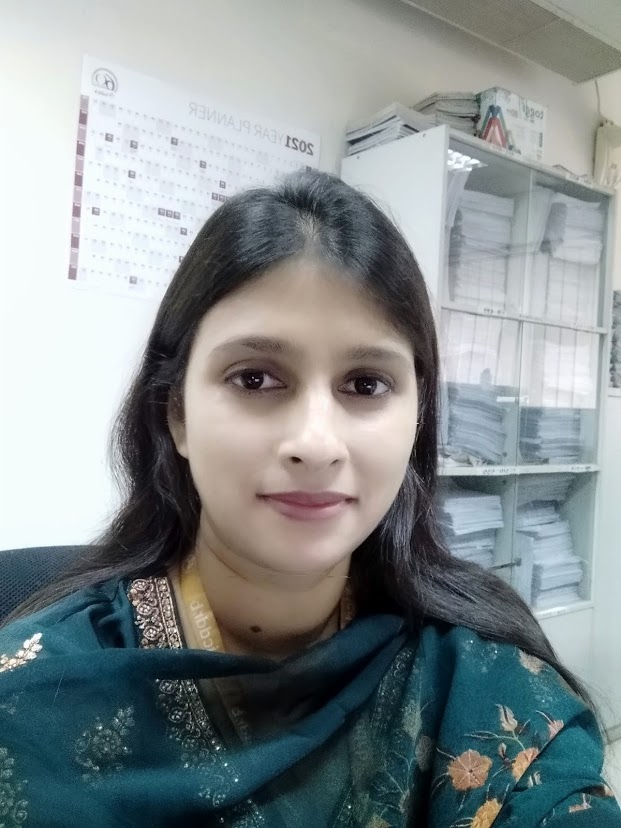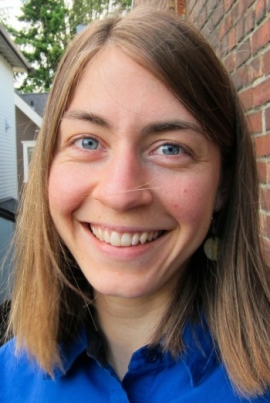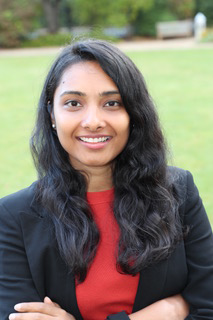The market for lead acid batteries is rapidly expanding in Bangladesh, owing to their widespread use in different battery-powered vehicles. The battery manufacturing companies of Bangladesh consume around 100,000 MT of lead per year, of which the majority comes fromthe informal sector. The International Lead Association has observed that batteries for electric 3-wheelers account for more than 75% of all lead acid batteries recycled in Bangladesh. A study that explored the supply chain of used lead acid batteries (ULAB), the Lead battery market, and end users of the recycled lead, went on to explore the context and a possible solution to reduce the lead recycling rate and associated adverse health and environmental impacts in Bangladesh. Semi-structured interviews and site visits with ULAB scrap dealers and trader, recyclers, repairers, suppliers, and customers were conducted and the results analysed. The conclusion was that the electric three-wheeler batteries last just 6 to 8 months and are expensive. Indeed, a replacement set of batteries costs about a third of the price of a new three-wheeler. Motive battery customers are mostly poor, not particularly well educated and unaware of the sub-par quality of the Lead batteries they purchase because there are numerous counterfeit Lead batteries on the market, therefore a brand name on a battery is not a reliable attribute. In addition, the rickshaw driver are reluctant to pay for high quality batteries and this is also a major cause of low standard Lead batteries being readily available in the market. Short battery life is also linked to a lack of attention to battery maintenance and poor recharging practices also contribute to a lowering of a Lead battery’s usable life and wastes electricity during charging. Based on these findings, the teams in Bangladesh and Stanford University are exploring potential solution pathways to increase the battery lifespan for electric three-wheelers and at the same time reduce the recycling burden.
Presenters
Ms Syeda Nurunnahar
Syeda Nurunnahar is a Public Health Researcher working in the environmental Intervention unit at the international center for diarrheal disease research Bangladesh (icddr,b). Syeda obtained her BSS and MSS degree in Anthropology from Dhaka University. She assists mentorship of Masters Students belonging to Stanford University in the U.S. A. Syeda has expertise in exploring the research context, making strategic plans and implementing interventions. Syeda Nurunnahar has a growing interest on working heavy metal toxic contamination issues. She is currently working on a project to assess, mitigate and prevent exposure to toxic lead from unsound industrial activities and contamination products.
Mr Ziaur Khan
Dr. Md. Ziaur Rahman Khan is a professor at the department of Electrical and Electronic Engineering (EEE) in Bangladesh University of Engineering and Technology (BUET), Dhaka, Bangladesh. He completed his B.Sc. M.Sc. degrees in EEE from BUET. He obtained his Doctorate (PhD) degree from University of Cambridge, UK. He delivered 21 Masters Degrees and has published more than 100 articles in the reputed conferences and journals. He worked as the national expert for the EV charging policy of Bangladesh. He has implemented several projects on electric three wheels and worked with Bangladesh Railway for the possible introduction of electric traction system in Bangladesh.
Ms Jenna Forsyth
Jenna is a postdoctoral fellow with the Woods Institute for the Environment. She completed her PhD with the Emmett Interdisciplinary Program in Environment and Resources and obtained her Master’s in Civil and Environmental Engineering from the University of Washington. Her research brings together principles of environmental science, epidemiology, and behavior change. She hopes to develop and evaluate interventions to minimize exposures to contaminants and disease vectors in low-income countries. Her most recent research on lead contamination in food has brought her to Bangladesh.
Ms Amrita Kundu
Amrita Kundu is an Assistant Professor of Operations and Information Management at the McDonough School of Business, Georgetown University. She conducts interdisciplinary empirical research to discover ways in which businesses can create social value and improve environmental sustainability. She completed her PhD in Management Science and Operations at London Business School and postdoc from the Stanford Graduate School of Business. Prior to that she worked at the World Bank.
Ms Erica Plambeck
Erica Plambeck is the Charles A. Holloway Professor of Operations, Information & Technology in the Stanford Graduate School of Business and Senior Fellow in the Woods Institute for the Environment. Erica received the Presidential Early Career Award for research in supply chain management, and was recognized as a Faculty Pioneer in social and environmental stewardship. Erica, received a BS in Mathematics and Industrial Engineering from the University of Wisconsin-Madison, developed decision-models for EU climate change policy as a Marshall Scholar at Cambridge University, and received her PhD in Engineering Economic Systems and Operations Research from Stanford University.
Mr Mahbubur Rahman
Dr. Md. Mahbubur Rahman is a medical graduate with masters of public health and populations sciences with 22years of experience in public health research. Dr. Rahman has been leading Environmental Interventions Unit at icddr,b which employed a team of public health professionals, epidemiologists, anthropologists, social scientists and statisticians. He has been working on lead issues since 2014 and works on a range of environmental health issues in Bangladesh. He has published 74 research articles in the peer reviewed journal and presented research findings in many conferences. Dr. Rahman has been collaborating with many renowned researchers around the globe.
Mr Qiong Wang
Qiong Wang received his PhD in Engineering and Public Policy from Carnegie-Mellon University, worked at Bell Labs as a Member of Technical Staff, and is now an associate professor of Industrial and Systems Engineering with University of Illinois at Urbana-Champaign. He conducts research on models and analyses of business systems and processes, focusing on developing efficient operational strategies, assessing environmental and other societal impacts, and making policy recommendations. He has published his work in Management Science, Operations Research, and other leading journals of his field.
Mr Nazmul Hassan
Hi, my name is Nazmul Hassan, I have completed my B.Sc in EEE from BUET in 2021. Currently doing my M.Sc in the same Dept and working on a project as a Research Assistant which is a collaboration between BUET, ICDDRB and Stanford Graduate Business School. My research interests focus on Renewable Energy, Energy Storage System, Power Electronics Converter, Smart and Micro Grid System.


